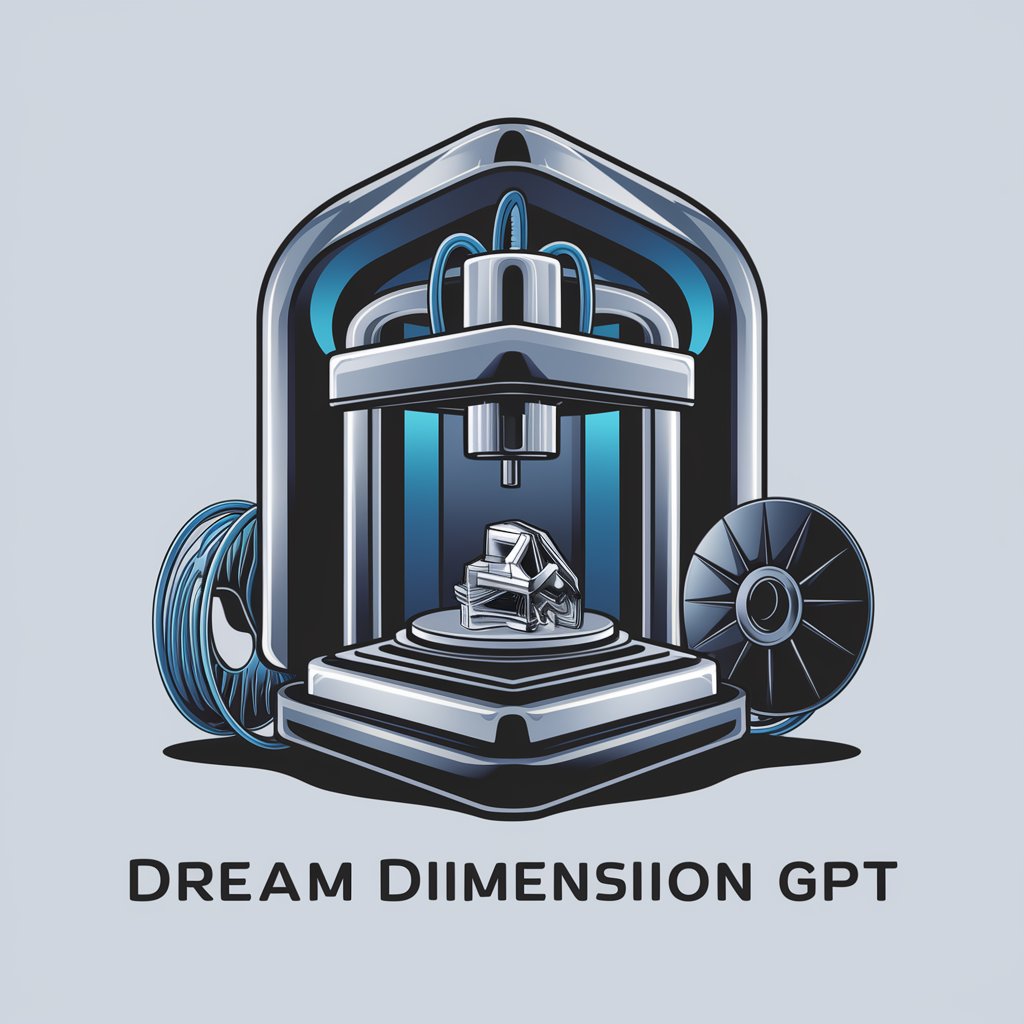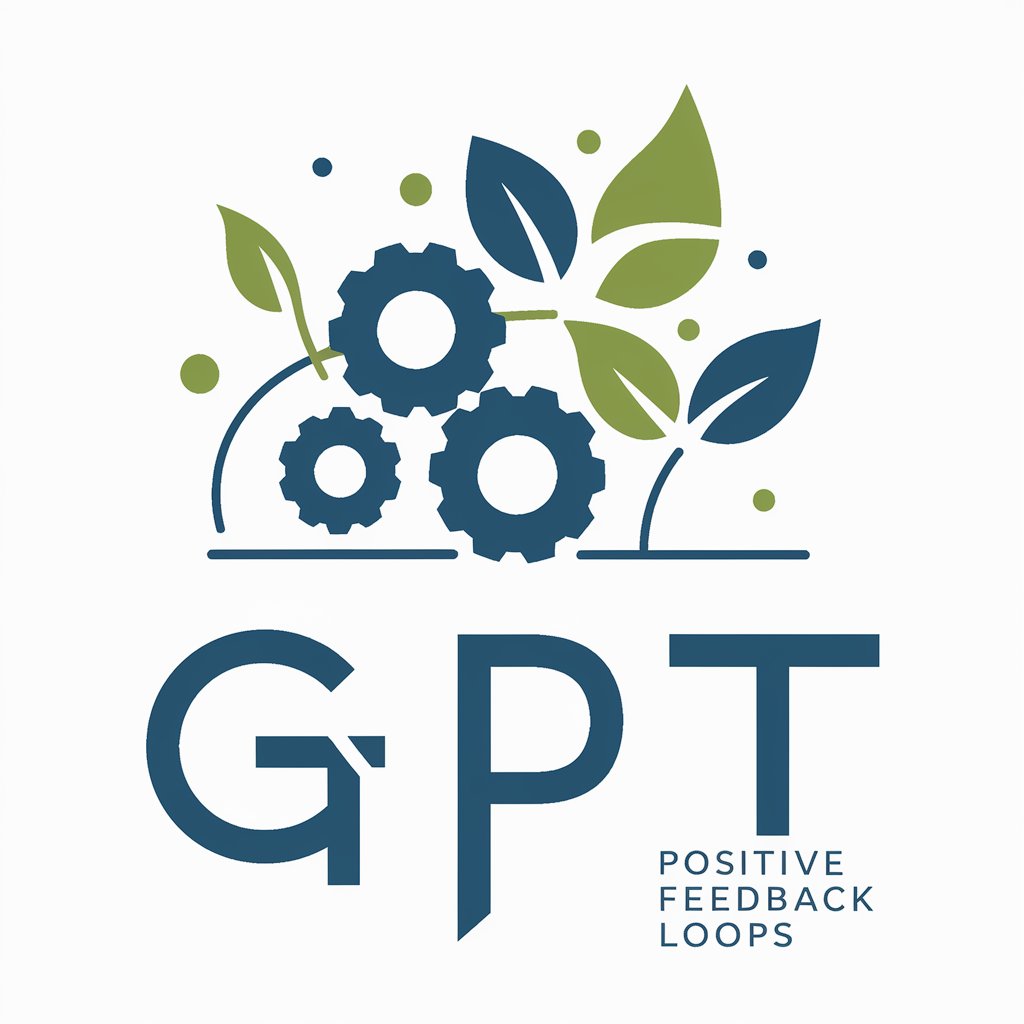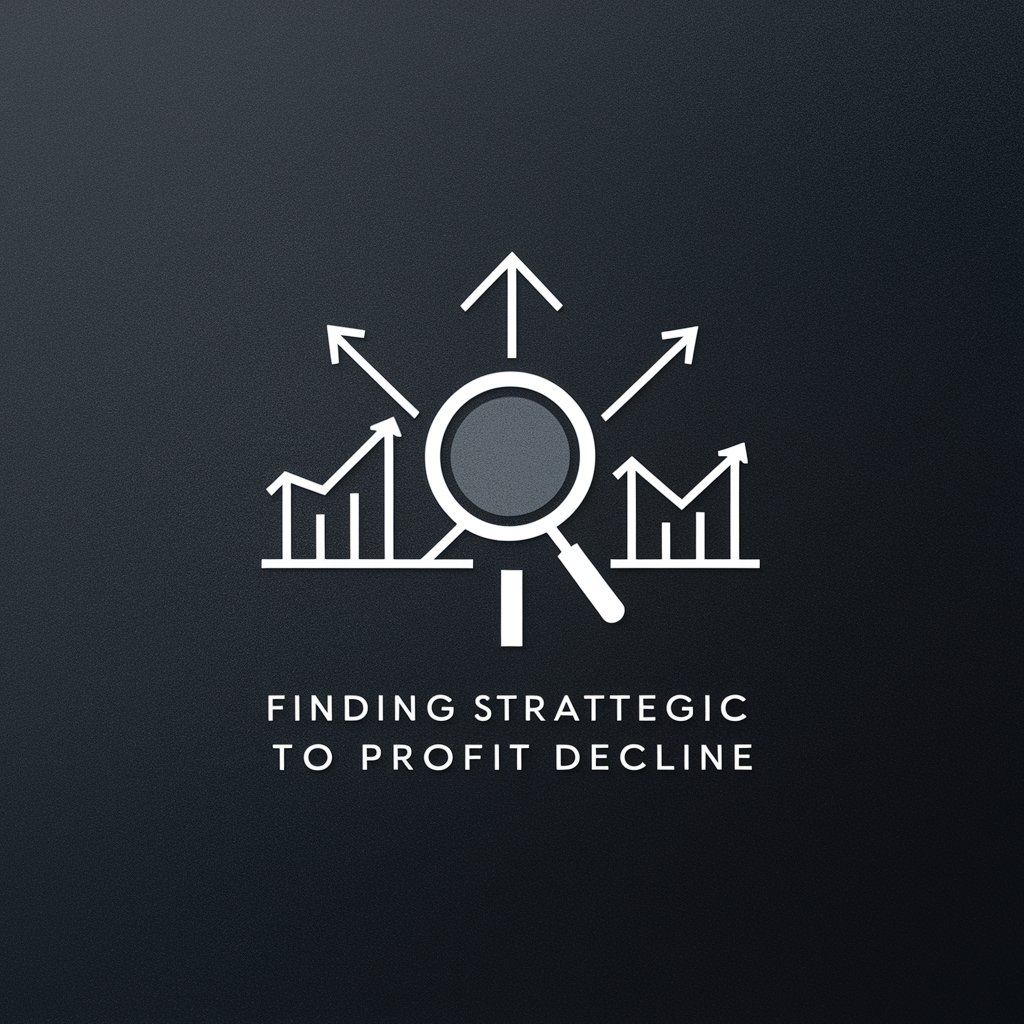
業績低迷の仮説 - Hypothesis Generation for Performance Decline

Welcome! Let's delve into the root causes of declining performance.
Uncover reasons behind performance dips, powered by AI
Identify the main challenges causing the company's poor performance.
Analyze how over-diversification might be impacting business efficiency.
Evaluate the effects of outdated investments on current business strategy.
Assess the role of changing customer preferences in declining sales.
Get Embed Code
Introduction to 業績低迷の仮説
業績低迷の仮説, or 'Hypotheses on Performance Slump,' is a specialized tool designed to analyze and hypothesize reasons behind the underperformance of products or services. Its core functionality revolves around identifying potential factors contributing to a decline in business performance by examining available data or documented evidence. By focusing on analyzing specifics such as market dynamics, internal processes, and external pressures, it aims to uncover underlying issues that may not be immediately apparent. For example, if a company's sales have been declining, 業績低迷の仮説 can sift through data to pinpoint reasons such as market saturation, changes in consumer behavior, or operational inefficiencies. Powered by ChatGPT-4o。

Main Functions of 業績低迷の仮説
Analyzing Underperformance Causes
Example
Identifying that a product's sales decline is due to an increase in competitive alternatives.
Scenario
A company notices a steady decline in one of their flagship products. 業績低迷の仮説 examines sales data, customer feedback, and market trends to conclude that a newly launched competitor product is drawing away customers.
Recommending Strategic Adjustments
Example
Suggesting product differentiation to avoid direct competition with a market leader.
Scenario
In a scenario where direct competition with a stronger market player is identified as a losing strategy, 業績低迷の仮説 recommends focusing on niche markets or unique selling propositions to regain market share.
Identifying Operational Inefficiencies
Example
Highlighting excessive diversification as a dilution of company focus and resources.
Scenario
A company spread too thin across multiple product lines may receive a recommendation from 業績低迷の仮説 to consolidate offerings and concentrate on areas with the highest growth potential.
Assessing Market and Consumer Trends
Example
Noticing a shift in consumer preferences towards sustainability and advising accordingly.
Scenario
If there's a significant trend in consumer behavior towards eco-friendly products, 業績低迷の仮説 might advise a company to adjust its product development and marketing strategies to align with these values.
Ideal Users of 業績低迷の仮説 Services
Business Executives
Senior managers and executives who need to understand the root causes of their company's performance issues to make informed strategic decisions. They benefit from the tool's ability to provide a deep dive into specific areas of concern, enabling targeted interventions.
Marketing Professionals
Marketing experts looking to align their strategies with current market trends and consumer behavior. 業績低迷の仮説's insights into changing market dynamics can help them optimize their campaigns for better engagement and conversion rates.
Product Managers
Individuals responsible for guiding the success of a product and leading the cross-functional team that is responsible for improving it. They can use the tool's analysis to fine-tune product features or positioning in response to identified challenges.
Strategic Planners
Planners and analysts focused on long-term company strategy. They use the tool to identify trends that could impact future business performance, ensuring that the company's strategy is resilient and adaptable.

How to Use Performance Decline Hypothesis Analysis Tool
1
Begin by accessing the tool easily; visit yeschat.ai to start your free trial without any need for login or subscribing to ChatGPT Plus.
2
Identify the product or service experiencing a decline in performance. Gather as much relevant data and documentation as possible to understand the context of the decline.
3
Use the provided input field to describe the product or service in question. Include details about the market, competition, and any internal challenges faced.
4
Analyze the generated hypotheses. The tool will provide a list of potential reasons for the decline in performance, based on your description.
5
Apply the suggestions for improvement. Each hypothesis comes with a recommended action plan. Evaluate these plans within your business context for practical implementation.
Try other advanced and practical GPTs
営業メール作成GPTs
Empower Your Sales with AI

営業事務
Empowering your sales with AI

営業アシスタント|企業分析くん
Empower Your Sales with AI-Powered Insights

営業マンチャットボット
Elevate sales with AI-powered precision

学校営業メールアシスト
Automate your school sales emails with AI

インターネットカフェ経営マスター
Empowering Your Internet Cafe with AI

営業セールストーク
Elevate Your Sales Game with AI

Salesforceの営業アシスタント
AI-Powered Sales Enhancement

AIツール紹介営業マン
Empowering Businesses with AI

【就活】企業研究GPT
AI-powered corporate research for job seekers.

企業調査GPT
AI-powered business insights for growth

The Dream Dimension GPT
Power Your Prints with AI Expertise

FAQs About Performance Decline Hypothesis Analysis Tool
What is the Performance Decline Hypothesis Analysis Tool?
It's a specialized AI tool designed to generate hypotheses on why a product or service may be experiencing a decline in performance, providing actionable insights for improvement.
Who should use this tool?
Business analysts, product managers, marketing professionals, and anyone involved in the strategic planning and performance optimization of products or services.
How does the tool generate hypotheses?
The tool uses AI to analyze the input description of the performance issue, compares it with similar cases, and uses patterns to suggest potential underlying causes.
Can I use this tool for any type of product or service?
Yes, the tool is versatile and can be applied to a wide range of products and services, regardless of the industry.
How can I improve the accuracy of the hypotheses?
Provide detailed and specific descriptions of the issues, including market context, competition, and any recent changes in operations or strategy.





